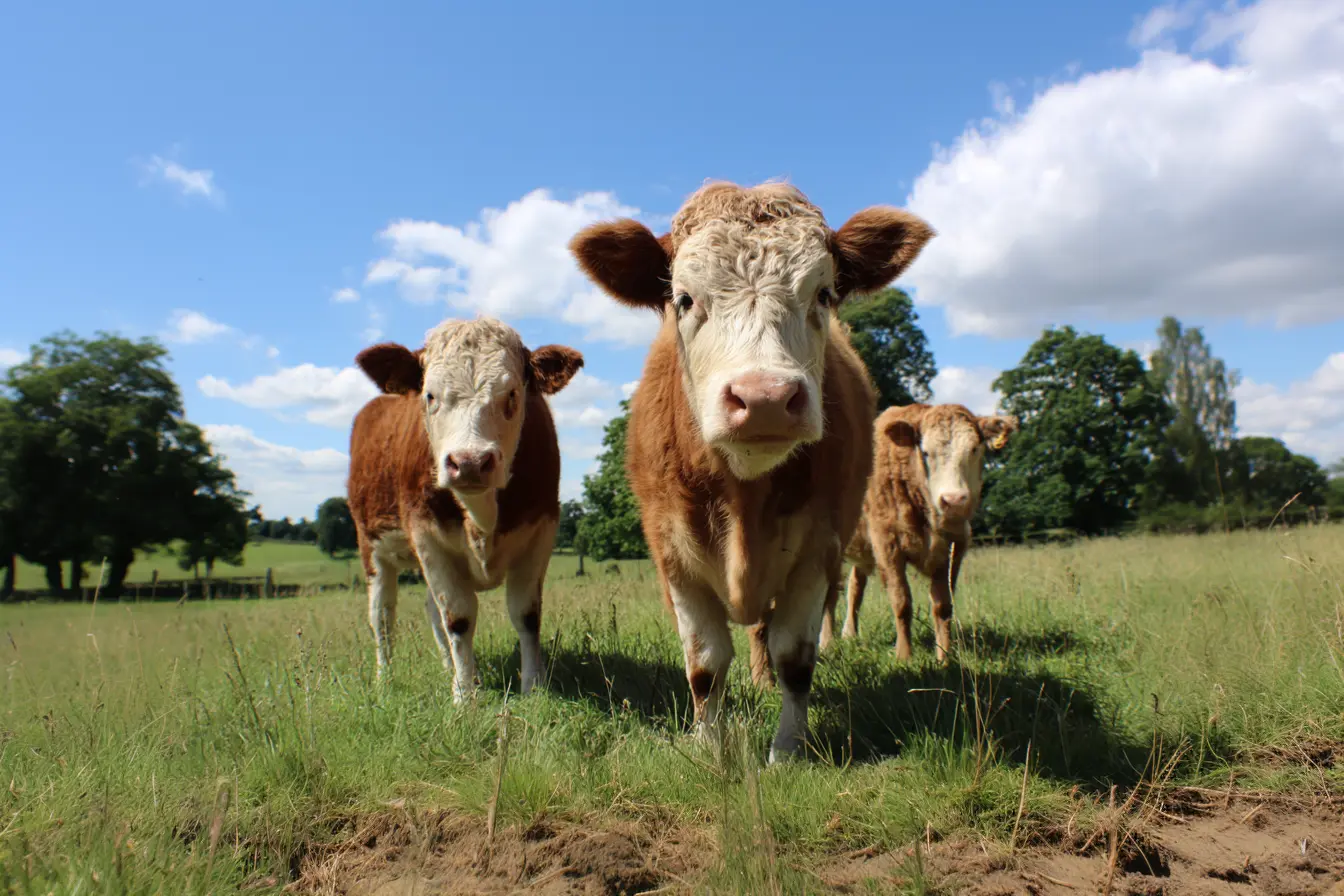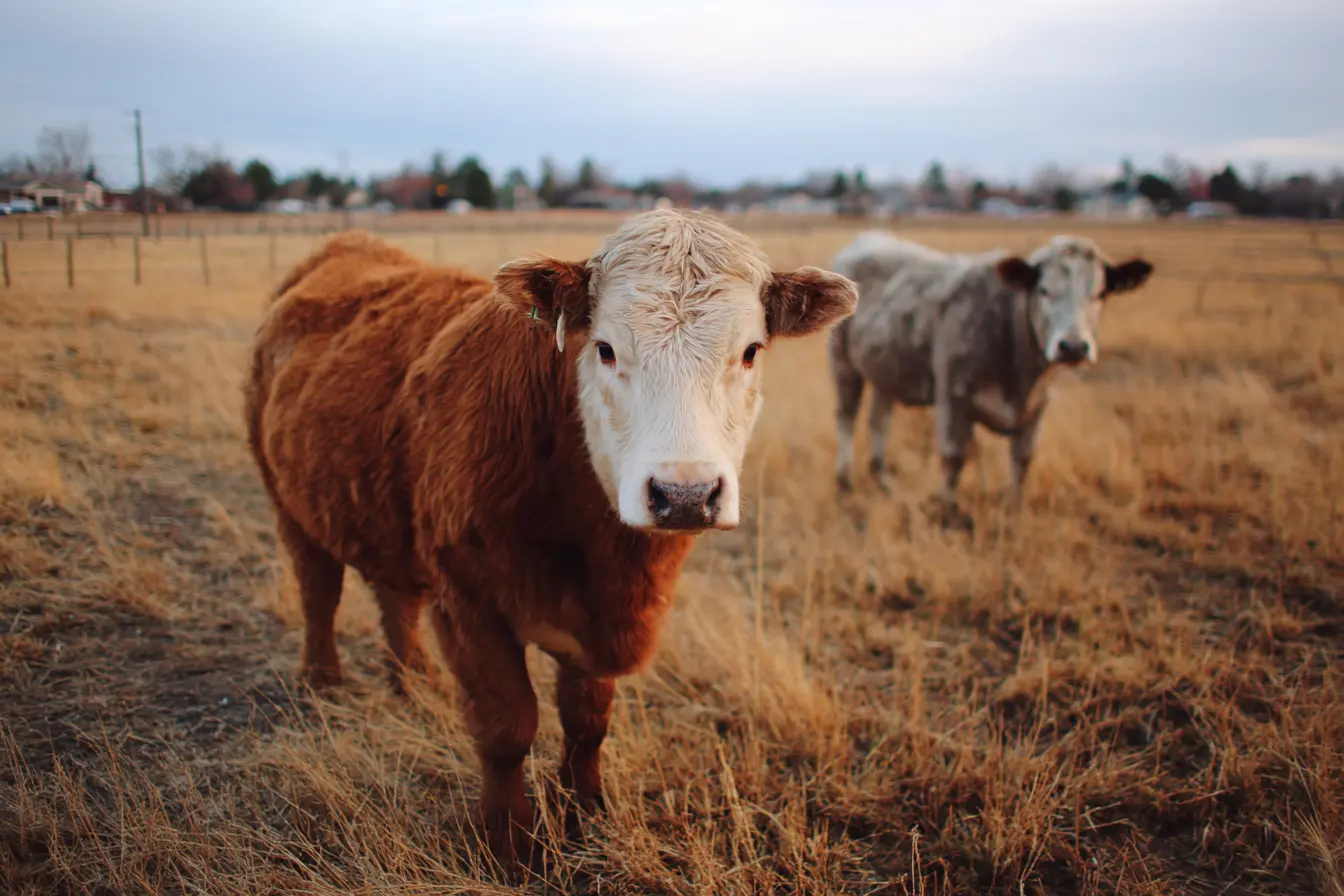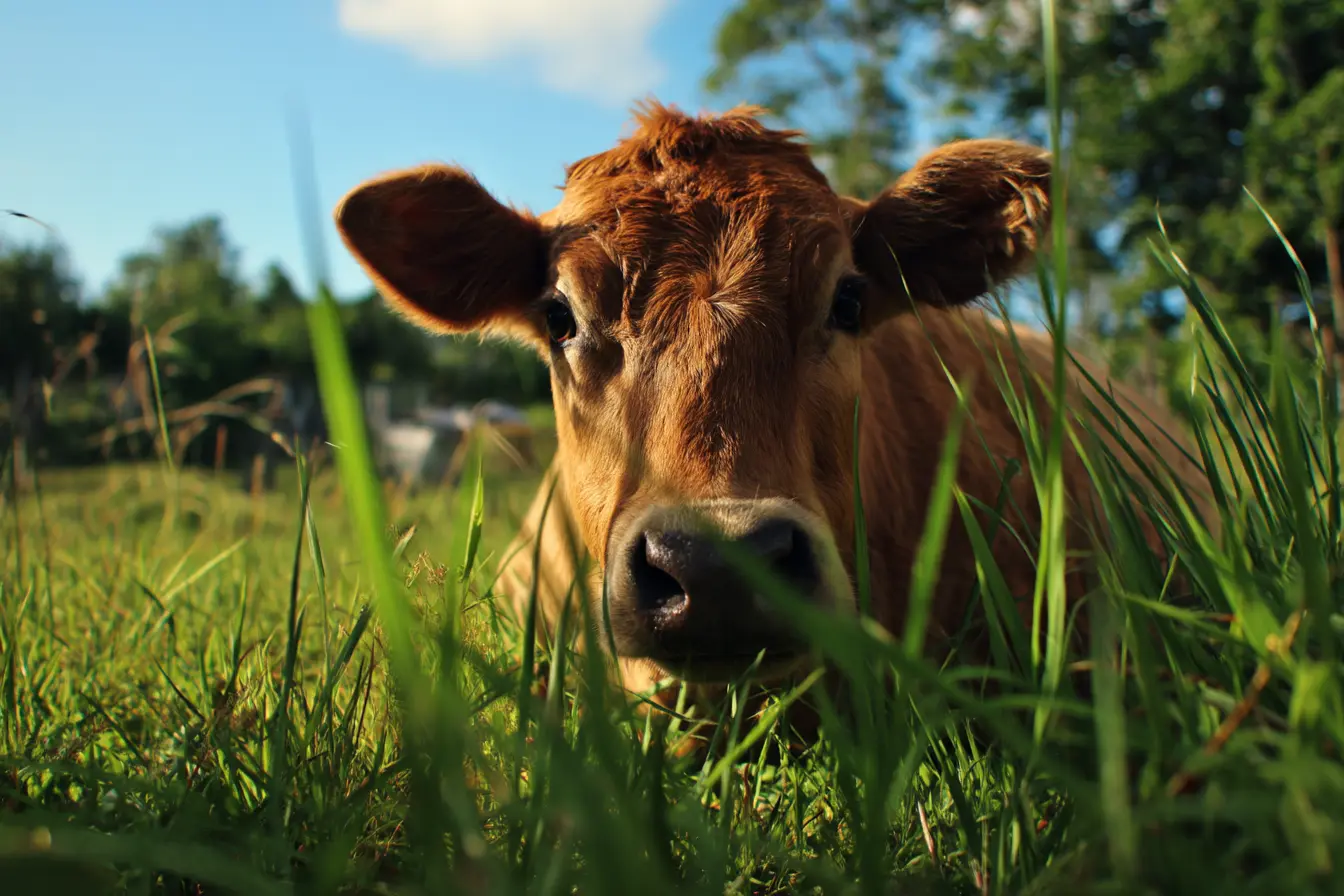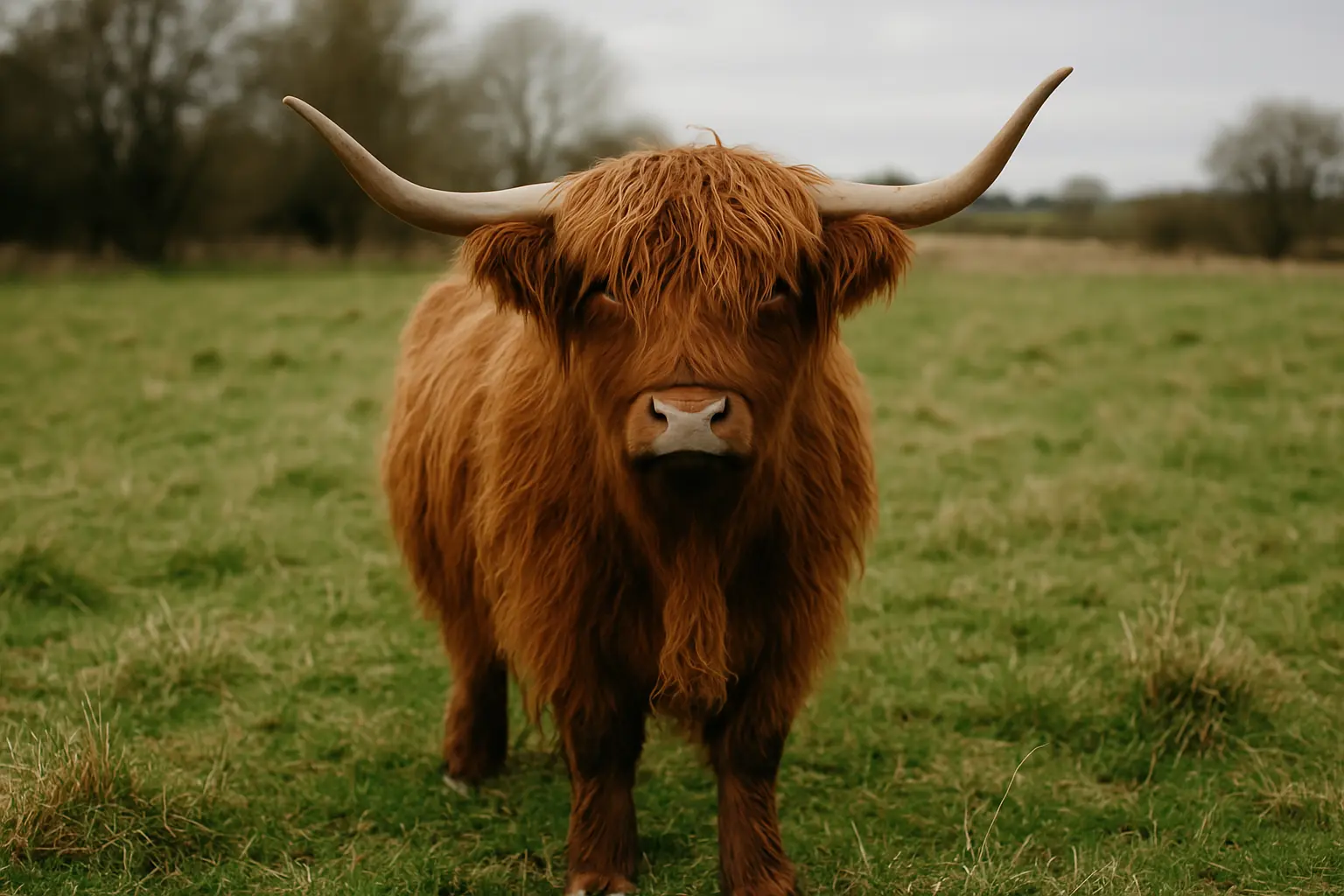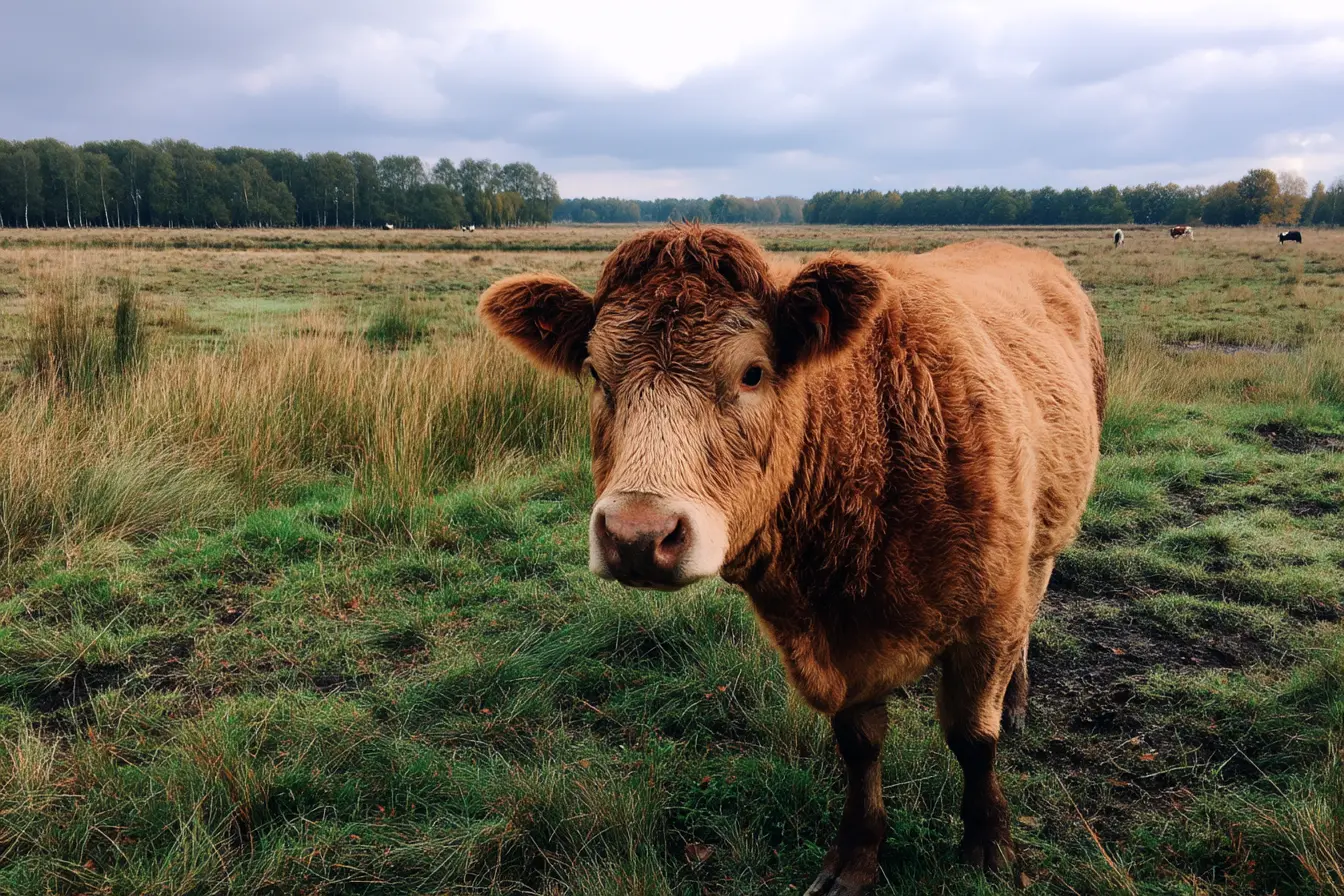
A Guide to Vaccinations and Deworming for Cattle
Keeping your cattle healthy is key to maintaining a productive and profitable herd. One of the most important aspects of cattle health management is a comprehensive vaccination and deworming programme. For new owners, understanding the key vaccinations your cattle need and how to manage internal and external parasites is essential. This guide provides an overview of recommended vaccinations, deworming strategies, and best practices for keeping your herd in top condition.
Why Vaccinations Are Important for Cattle
Vaccinations help protect your cattle from serious and often fatal diseases. By vaccinating your herd, you not only safeguard individual animals but also reduce the risk of disease outbreaks that can have devastating effects on your farm’s productivity. Vaccination programmes vary depending on your region and the specific diseases prevalent in your area, so it’s important to work with your vet to develop a tailored schedule.
Core Vaccinations for Cattle
Below are some of the most common diseases that cattle should be vaccinated against:
Clostridial Diseases (e.g., Blackleg, Tetanus, Pulpy Kidney)
Clostridial bacteria are present in the environment and can cause sudden death in cattle. Vaccination is crucial to prevent these fatal diseases.
Recommended Schedule
- First vaccination at 2-3 months of age.
- Booster 4-6 weeks later.
- Annual booster thereafter.
Bovine Viral Diarrhoea (BVD)
BVD is a highly contagious viral disease that can cause reproductive issues, reduced milk production, and weakened immune systems.
Recommended Schedule
- First vaccination before breeding.
- Booster according to your vet’s advice (usually annually).
Leptospirosis
Leptospirosis is a bacterial disease that can affect both cattle and humans. It can cause abortions, reduced fertility, and milk drop in cattle.
Recommended Schedule
- First vaccination at 4-6 months of age.
- Annual booster before breeding.
Infectious Bovine Rhinotracheitis (IBR)
IBR is a respiratory disease caused by the bovine herpesvirus. It can lead to reduced productivity, abortions, and respiratory distress.
Recommended Schedule
- First vaccination at 3-4 months of age.
- Booster as advised by your vet (often annually).
Johne’s Disease (Optional)
Johne’s disease is a chronic bacterial infection that affects the intestines and leads to weight loss and diarrhoea. While vaccination isn’t common on all farms, it may be recommended in high-risk areas.
Recommended Schedule Consult your vet to determine if the vaccination is suitable for your herd.
Rotavirus and Coronavirus (Calves)
These viruses cause severe diarrhoea (scours) in young calves, leading to dehydration and death if untreated.
Recommended Schedule Vaccinate pregnant cows 3-12 weeks before calving to provide immunity to the calf through colostrum.
Foot and Mouth Disease (FMD)
In regions where FMD is prevalent, vaccination is mandatory. Check with your local authorities regarding FMD vaccination requirements.
Deworming Requirements for Cattle
Internal and external parasites can cause significant health problems in cattle, including poor weight gain, reduced fertility, and even death. A proper deworming programme is essential to control parasites and maintain herd health.
Common Internal Parasites in Cattle
- Roundworms
- Lungworms
- Liver flukes
- Tapeworms
Common External Parasites in Cattle
- Lice
- Mites
- Ticks
When to Deworm Cattle
The frequency and timing of deworming depend on several factors, including the age of the cattle, the season, and the parasite burden on your farm. Below is a general guide to deworming cattle:
- Calves: Deworm at 3-4 months of age and again at weaning.
- Adult Cattle: Deworm 2-3 times a year, particularly in spring and autumn.
- Pregnant Cows: Deworm before calving to reduce the risk of passing parasites to calves.
Work with your vet to develop a strategic deworming plan based on faecal egg counts and the specific parasites present in your region.
Best Practices for Vaccination and Deworming
- Consult Your Vet: Every farm is different, so it’s important to develop a tailored vaccination and deworming programme with your vet.
- Keep Records: Maintain detailed records of all vaccinations and deworming treatments, including dates, batch numbers, and any reactions.
- Use the Right Products: Always use vaccines and dewormers that are approved for cattle, and follow the manufacturer’s instructions.
- Ensure Proper Handling and Storage: Vaccines and dewormers must be stored at the correct temperature to remain effective.
- Administer Correct Dosages: Use the right dosage based on the animal’s weight to ensure effective protection.
- Implement Good Biosecurity Measures: Reduce the risk of introducing diseases and parasites by limiting visitor access, quarantining new animals, and disinfecting equipment.
Signs Your Cattle May Need Deworming
Keep an eye out for the following signs that your cattle may have a high parasite burden:
- Weight loss or poor weight gain
- Diarrhoea
- Coughing (in the case of lungworms)
- Rough coat
- Bottle jaw (swelling under the jaw)
If you notice any of these signs, consult your vet for advice on testing and treatment.
Conclusion
A comprehensive vaccination and deworming programme is essential to maintaining a healthy, productive cattle herd. By working closely with your vet, you can develop a schedule that protects your cattle from common diseases and parasites. Prevention is always better than cure, so staying proactive with vaccinations and deworming will save you time, money, and stress in the long run. Always keep detailed records and review your health management plan regularly to ensure your cattle remain in top condition.
Vets near you
Speciality vets
- Aquatics vet specialists
- Birds vet specialists
- Camelids vet specialists
- Cats vet specialists
- Cattle vet specialists
- Deer vet specialists
- Dogs vet specialists
- Equines vet specialists
- Exotic vet specialists
- Goats vet specialists
- Pigs vet specialists
- Poultry vet specialists
- Sheep vet specialists
- Small Mammals vet specialists
- Wild vet specialists
Vet facilities
- Accessible by public transport
- Blood testing
- Car park nearby
- Client car park
- Dentistry
- Diagnostic imaging
- Disabled public access
- Flea and worm treatments
- Microchipping
- Mobile services
- Neutering
- Open at weekends
- Out-of-hours service
- Referral interests
- Referrals only
- Street parking outside
- Toilets available
- Vaccinations
